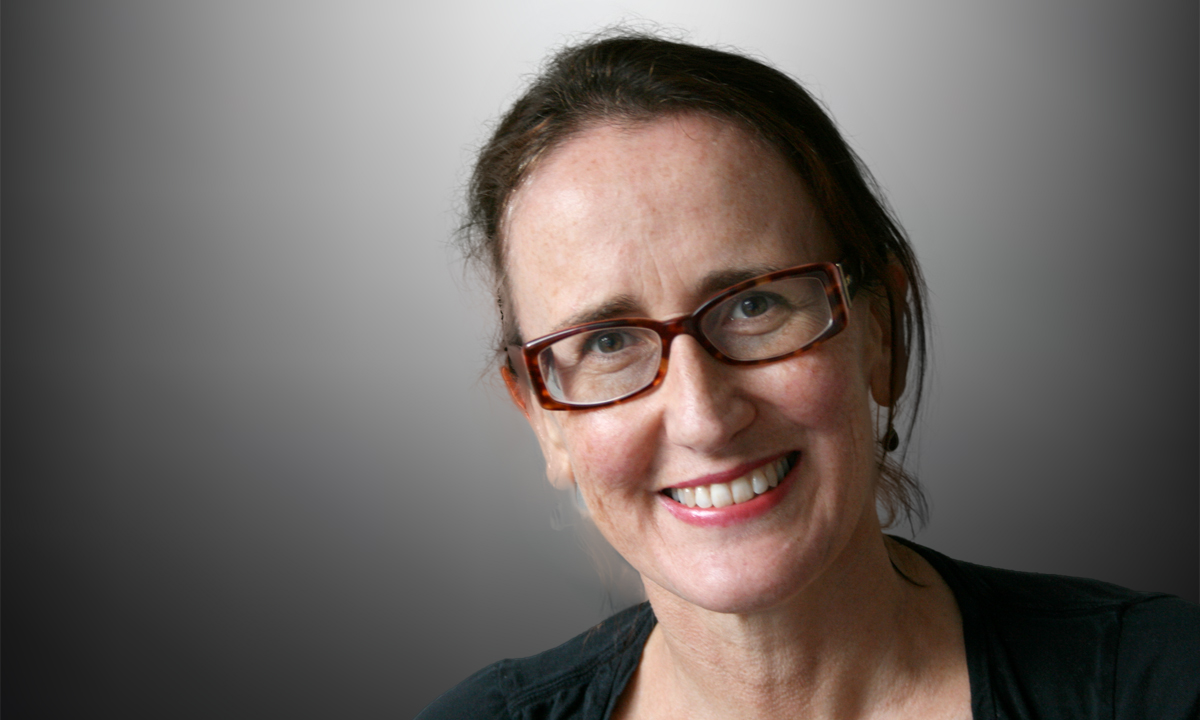“AS anyone who has known a patient understands, Alzheimer’s is a merciless disease,” writes British neuroscientist Joseph Jebelli.
“It strips the mind of decades of stored memories that have been sculpted and embedded deep within our brains. Slowly and steadily, it erodes an individual’s autobiography, the very narrative that defines who we are.”
For Jebelli, it’s personal. His research focuses on the cell biology of Alzheimer’s disease, a career path inspired by the teenage experience of seeing his Iranian grandfather descend into the “shadowy abyss” of the disease.
In a new book, he explores the many paths researchers have taken in attempts to combat a disease that affects an estimated 46 million people globally and is the most common cause of dementia.
Could stem cell engineering allow us to create new cortical neurons that could be transplanted into ravaged brains? Might proteins found in young blood be the answer? Or might drugs currently used for cancer be able to actually reverse neurodegeneration?
These are just some of the avenues pursued by researchers in recent years. Many show promise, but none has yet taken the leap into workable human therapy.
While Alzheimer’s is undeniably a mysterious and complex illness that continues to confound researchers, part of the reason for the lack of a cure – or at least a sound preventive strategy – may be that we just don’t care enough, Jebelli suggests.
“There’s an uncomfortable comparison worth mentioning here, which is that cancer, while causing a similar number of deaths each year, receives on average 10 times more funding than Alzheimer’s,” he writes.
Why, he asks, are more resources not directed towards a disease that causes more than seven million new cases globally each year, with the number of cases predicted to double every 20 years.
“It seems a more horrifying kind of forgetting is happening in our world. We are forgetting them.”
Why don’t we care more? Jebelli doesn’t spell it out, but a big factor surely has to be that this is a disease that predominantly affects old people.
It may be unfair, but the withering of an aged brain just doesn’t tug on our heart strings as much as a young adult’s brave fight against cancer.
Perhaps there’s an element of denial too. How many of us are prepared to confront the possibility that this may be how our own lives come to an end?
Without a scientific breakthrough, the reality is that many – perhaps most – of us will develop dementia or find ourselves caring for somebody with dementia. According to a report prepared for Alzheimer’s Australia, 30% of Australians aged over 85 years have the condition.
If compassion isn’t enough to prompt a more determined focus on Alzheimer’s, perhaps financial imperatives might be.
The Alzheimer’s Australia report estimates the annual cost of dementia in this country at more than $14 billion, a figure that will only go up as the population ages.
US geriatrician Dr John Trojanowski, who researches neurodegeneration at the University of Pennsylvania, is one of many scientists advocating for more resources to be devoted to Alzheimer’s disease research.
“[America is] the wealthiest country in the world, and we make choices how to spend our money,” he said in an interview.
“We spend our money on wars; we spend US$6 billion a year on Viagra and Cialis, US$2 billion a year on popcorn, which is more than we as a nation spend on Alzheimer’s. Over US$50 billion is spent by Americans every year on anti-aging creams, potions and lotions that do absolutely nothing, so there are resources flowing through our economy and we need to make wiser choices on how we invest those resources.”
Less money on hocus-pocus and more on medical research: now there’s a thought.
Jane McCredie is a Sydney-based health and science writer.
To find a doctor, or a job, to use GP Desktop and Doctors Health, book and track your CPD, and buy textbooks and guidelines, visit doctorportal.

 more_vert
more_vert